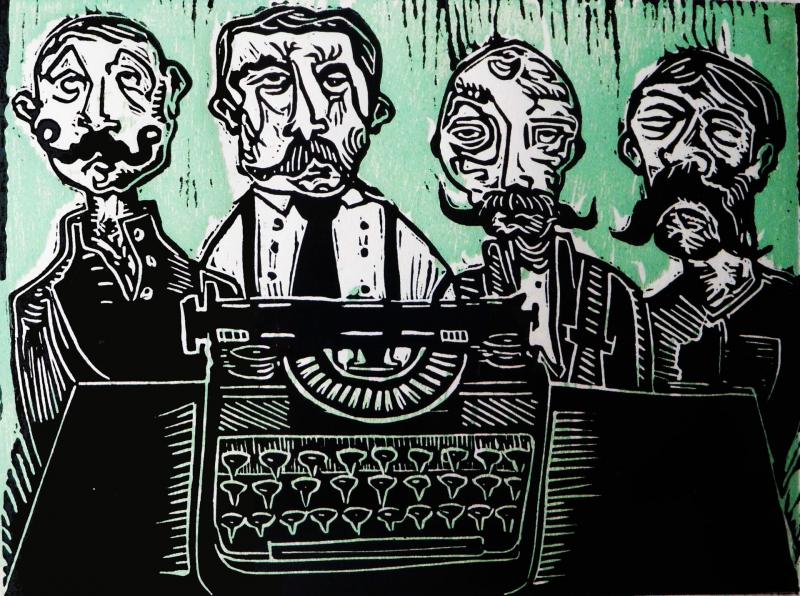Contemporary poetry finds itself in something of a predicament. John Barr, President of the Poetry Foundation, has described contemporary poetry, with all its schools and experiments, as “a tired engine.” According to Barr, “the need for something new is evident. Contemporary poetry’s striking absence from the public dialogues of our day… is evidence of a people in whose mind poetry is missing and unmissed.”
In order to resurrect its cultural relevance, contemporary poetry must undergo two significant changes. First, it must restore intellectual wonder to its role as poetic impetus. All too often, contemporary poetry displaces intellect with attitude. Attitude certainly belongs in poetry; it provides the conviction that renders poetry, as a distinct aesthetic genre, so compelling. Yet attitude without intellect yields platitudes, not the world-shaping profundity that poetry has for so long provided.
Second, poetry must stop confounding formal complexity with nuanced perspective. As Barr admits, “technical innovation for its own sake is like the tail that tries to wag the dog.” Like any work of potent literature, a poem should strive to evolve our understanding of our present world, depicting with nuance both the human experience of complexity and the complex experience of humanity. Formal experimentation is laudable to the extent that it serves this end. All too often, however, contemporary poets have produced incoherent works, excusing the impotency of their art by claiming it to be “avant-garde” or experimental.
Literary Laundry has attempted to assemble a stylistically and thematically diverse ensemble of poetry. “My Distant Fortunes” presents the speaker’s meditations on her potential future destinies; “Picasso’s Lover,” in its evocation of cubist distortions, explores the psychological complexities of a world fragmented by subjectivity, distortion, and a disintegration of socio-aesthetic convention. “North Station” reveals the irony of a contemporary world that rushes for no purpose, a world in which a blind man possesses unique sight and insight that passes unnoticed by the masses that voluntarily deafen themselves to their surrounding world.
The question of whether original thought can even exist finds voice in the seemingly illogical yet profoundly evocative musings of “Transitive Property of Equality;” “Routine” challenges the nihilism of the conclusion “living is just what we do to pass the time,” inviting us to understand such a life as profoundly satisfying. “A Teacher Follows his Student” juxtaposes the seemingly similar yet profoundly different questions “where do they come from?” and “why are they here?”
“And While We Wait, We Wait” reflects upon the limitations of individuality and the terrifying (though ever-alluring) desire to transcend such limits while “Zeus, To his Wife” presents resignation and surrender as the fate of the individual (or perhaps the world-view) that attempts to endure after displacement. Finally, whereas “Blue Ridge Tea” testifies to the power of impression to beget introspection, realization, and ultimately a work of literature, “I am a Patient Girl” exposes the power of literature, myth, and historical consciousness in making comprehensible a chaos so profound that it defies original language.
Despite their diversity, each of these works explores the complexities of human experience. They offer us nuance and perspective – what Robert Frost termed “clarification of life.” The poems are themselves complex, evolving ever more subtle implications with reflection and re-reading. They implore the reader to question them and promise copious conversation.
So go ahead – talk to them.

